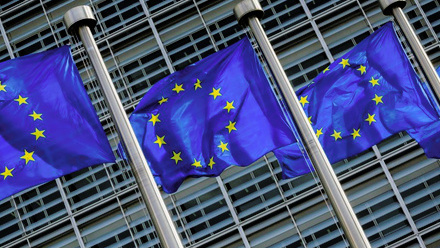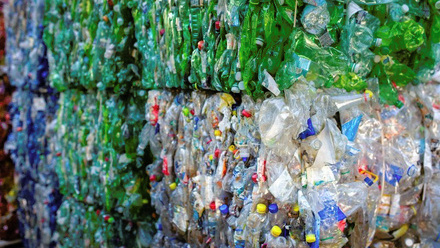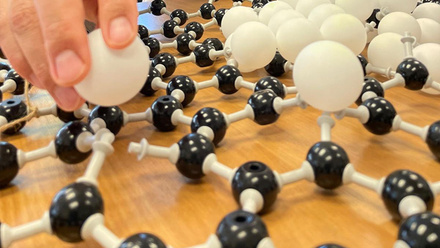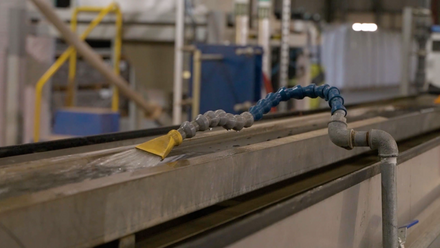European Commission seeks to strengthen chemical industry
The Action Plan addresses high energy costs, unfair global competition and weak demand, while promoting investment in innovation and sustainability.
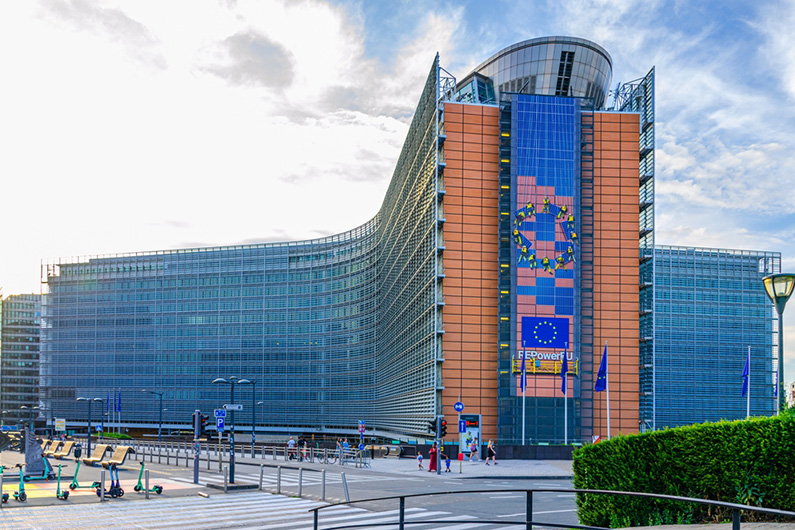
The plan is accompanied by a simplification omnibus on chemicals – the sixth that the Commission has presented in this mandate so far – to further streamline and simplify key EU chemicals legislation, alongside a proposal to strengthen the governance and financial sustainability of the European Chemicals Agency (ECHA).
The Action Plan for the Chemicals Industry proposes the following measures:
- Resilience and level playing field: the Commission will establish together with Member States and stakeholders a Critical Chemical Alliance to address the risks of capacity closures in the sector. The Alliance will identify critical production sites needing policy support and tackle trade issues like supply chain dependencies and distortions. The Commission will also apply trade defence measures to ensure fair competition, while expanding chemical import monitoring through the existing Import Surveillance Task Force.
- Affordable energy and decarbonisation: the Commission will implement at full speed the Affordable Energy Action Plan to help reduce high energy and feedstock costs. It has introduced clear rules for low-carbon hydrogen and will update state aid to lower electricity costs for more chemical producers by the end of the year. The plan also encourages using clean carbon sources like carbon capture, biomass and waste, alongside support for renewables. A public consultation on improving chemical recycling has also been launched.
- Lead markets and innovation: the Action Plan highlights fiscal incentives and tax measures to boost demand for clean chemicals. The upcoming Industry Decarbonisation Accelerator Act will set EU content and sustainability rules to support market growth and clean technology investment. The upcoming Bioeconomy Strategy and Circular Economy Act will boost resource efficiency, chemicals recycling and strengthen the market for bio-based and recycled alternatives to fossil-based inputs. The Commission will also launch EU Innovation and Substitution Hubs and mobilise EU funding under Horizon Europe (2025-27) to accelerate the development of safer, more sustainable chemical substitutes.
- Taking action on per- and polyfluoroalkyl substances (PFAS): the Action Plan reaffirms the Commission's commitment to minimise PFAS emissions through a robust, science-based restriction, while ensuring continued use in critical applications under strict conditions where no alternatives are available which will be proposed swiftly after ECHA's opinion. The Commission will also invest in innovation, promote remediation based on the polluter pays principle, and prioritise the development of safer alternatives.



